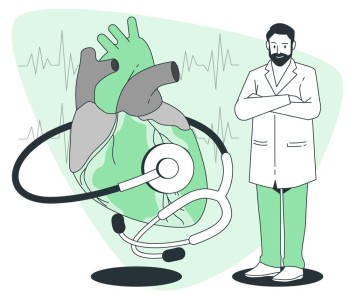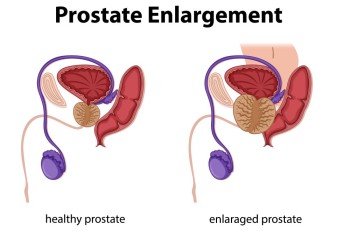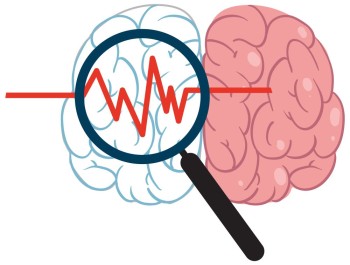
₹10,200
₹12,500
A Breast MRI (Magnetic Resonance Imaging) scan is a detailed diagnostic procedure that uses powerful magnets and radio waves to create detailed images of the breast tissue.
Category:
MRI Scan



